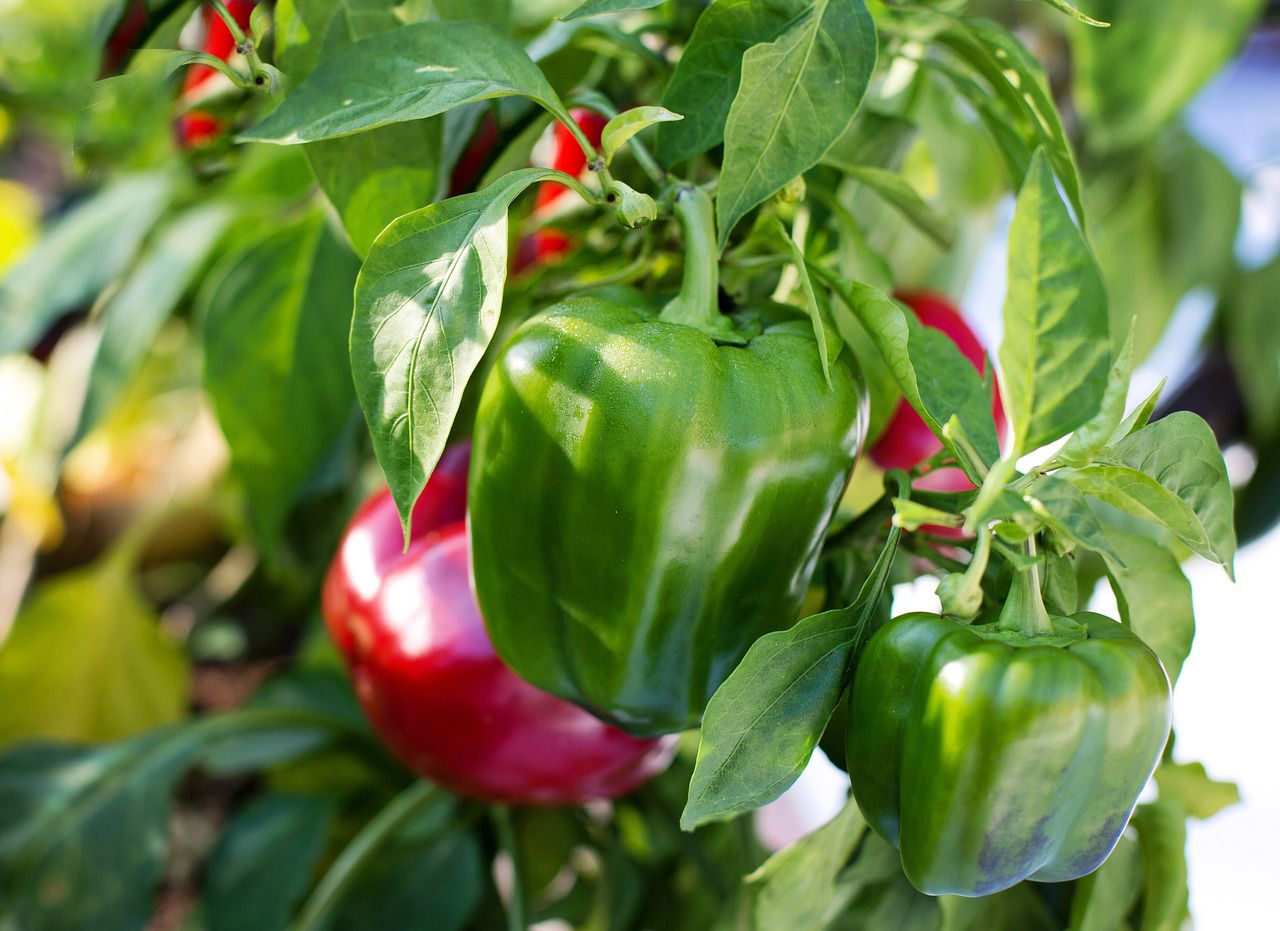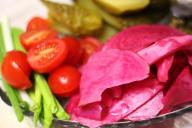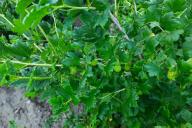Lots of garden plants love warm or even hot weather, so they can thrive.
Bell peppers are no exceptions, so when the weather is pretty cold, it can affect their growth a lot.
Here are a few examples of what can happen.
Growth Stunting
Cold temperatures can slow down the growth rate of bell pepper plants.
When temperatures drop below the optimal range, the metabolic processes in the plant slow down, leading to reduced nutrient uptake and photosynthesis.

Delayed Maturity
Lower temperatures can extend the time it takes for the peppers to reach their desired size and ripen.
This delay can be problematic, especially in regions with shorter growing seasons, as it may result in the peppers not fully maturing before the arrival of frost or colder temperatures.
Flower and Fruit Drop
Bell peppers are sensitive to temperature fluctuations, and exposure to cold temperatures can disrupt the pollination process.
If the flowers are not properly pollinated due to cold weather, they may drop off the plant before developing into fruits.
Even if fruits have formed, they may also drop prematurely if exposed to prolonged cold conditions.
Reduced Fruit Quality
Chilling injury can occur when temperatures drop below 50°F (10°C), leading to various issues such as pitting, discoloration, and texture changes in the fruit.
The peppers may become less flavorful and have a compromised texture, affecting their market value and taste.









